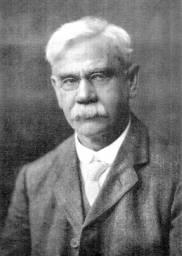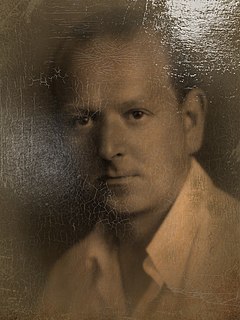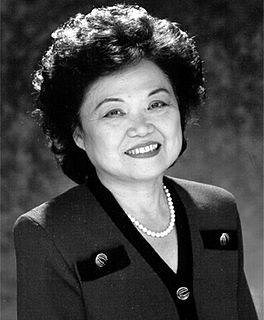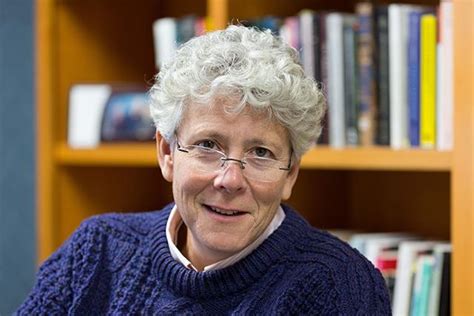A Quote by Sebastian Thrun
Perhaps we can get to the point where we can outsource our own personal experiences entirely into a computer - and possibly our own personality.
Related Quotes
At the center of our being is a point of nothingness which is untouched by illusion, a point of pure truth, a point or spark which belongs entirely to God, which is never at our disposal, from which God disposes of our life, which is inaccessable to the fantasies of our own mind or the brutalities of our own will. This little point of nothingness and of absolute poverty is the pure glory of God in us.
We are perhaps too near the age of transition to see clearly the interplay of all that made for progress. Each of us has had his own peculiar training, his own personal contact with the mighty ones of the immediate past; and this forms as it were a telescopic tube determining limits to our field of vision. No doubt we may range the whole horizon; but after all we look from our own point of vantage.
It requires something more than personal experience to gain a philosophy or point of view from any specific event. It is the quality of our response to the event and our capacity to enter into the lives of others that help us to make their lives and experiences our own. In my own case my convictions have derived and developed from events in the lives of others as well as from my own experience. What I have seen meted out to others by authority and repression, economic and political, transcends anything I myself may have endured.
I think our brains does have a tendency to be true to its own ideas and statements. Everything we do and everything we think about is a belief. Until we get to the point where we look beyond our own ego-self, and to some degree beyond our own mind, we are always going to make assumptions and have beliefs to make our brains feel more comfortable. And if we can get to a point where we embrace that uncertainty and doubt, and be willing to learn from that and to explore that, I think that that could be a very positive experience.
Perhaps that is our doom, our human curse, to never really know one another. We erect edifices in our minds about the flimsy framework of word and deed, mere totems of the true person, who, like the gods to whom the temples were built, remains hidden. We understand our own construct; we know our own theory; we love our own fabrication. Still . . . does the artifice of our affection make our love any less real?
Sometimes I see my students, especially the ones with a gift for the lyrical, reaching far outside the realm of their own experience for language and images. I understand this impulse. We think, in the beginning, that striking exotic words together will create something entirely new. That we must be worldly in our vocabulary. We idolize the styles of other writers and don't trust or perhaps yet know our own.
Perhaps the most significant thing a person can know about himself is to understand his own system of values. Almost every thing we do is a reflection of our own personal value system. What do we mean by values? Our values are what we want out of life. No one is born with a set of values. Except for our basic physiological needs such as air, water, and food, most of our values are acquired after birth.




































